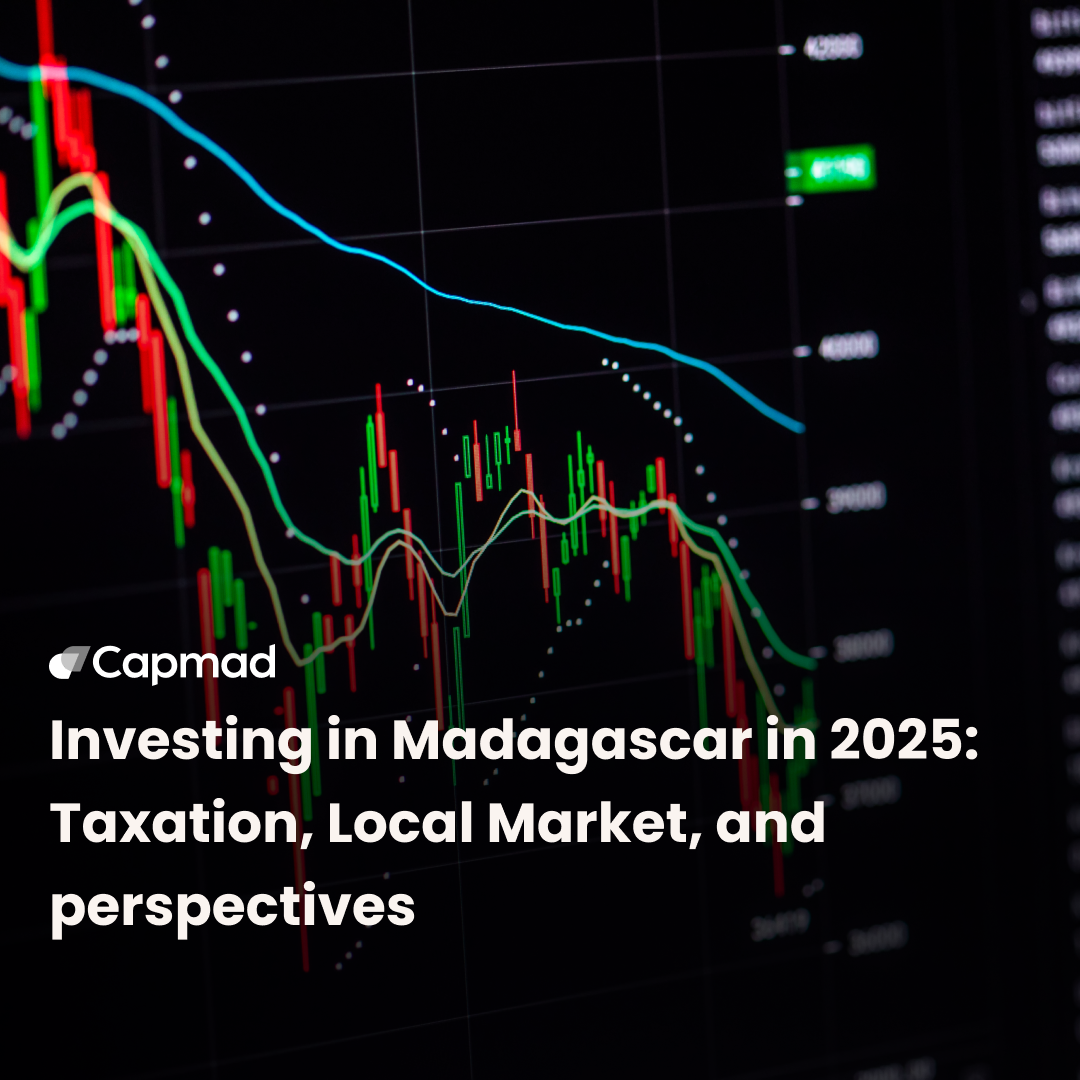Visiting Eritrea is a journey into a rich and diverse culture, breathtaking landscapes, and a country still largely untouched by mass tourism. This complete guide will help you plan your expatriation, offering practical advice, insights into the climate, economy, and must-see attractions.
Visiting Eritrea : Country at a crossroads
Located in the Horn of Africa, Eritrea is often overlooked despite its historical and cultural wealth. Bordered by the Red Sea, the country boasts diverse landscapes ranging from the beaches of Massawa to the rugged mountains of the highlands. Its history, shaped by Italian and Ottoman colonial influences, makes Eritrea a unique destination. As of 2023, Eritrea is home to around 3.5 million people, representing a diverse ethnic mix, with the majority speaking Tigrinya, Arabic, and English.
Eritrea also presents significant economic potential, with an economy that is largely agricultural but is diversifying, particularly through the mining sector. For expatriates, the country offers a rare opportunity to discover an authentic place while contributing to its development.
Climate and best times to visit Eritrea
The climate in Eritrea varies significantly by region. Coastal areas like Massawa experience summer temperatures often exceeding 40°C (104°F). In contrast, Asmara, located in the highlands, enjoys a temperate climate, with temperatures ranging between 15°C and 25°C (59°F to 77°F).
The best time to visit Eritrea is from November to March, during the dry season when the temperatures are more moderate. This is also an ideal time for expatriates to explore the country without facing extreme heat. If you’re planning a business trip, the months from September to April are best for favorable weather conditions for professional activities.
Eritrea : Economy in transition
Eritrea’s economy primarily depends on agriculture, which employs about 80 % of the population. However, the mining sector is rapidly expanding, with gold, copper, and zinc operations. The growth prospects in this field are attracting foreign investors, making Eritrea an interesting market for expatriates looking to engage in economic development projects.
The tourism industry, though underdeveloped, also offers opportunities. Eritrea’s long coastline, with its coral reefs and pristine beaches, remains a hidden gem. Expatriates interested in developing this sector could capitalize on this niche, which is still largely untapped.
Must-see attractions in Eritrea
Eritrea is home to numerous natural and historical sites, and each region offers unique attractions.
Asmara
Asmara, the capital, is renowned for its Italian modernist architecture, a remnant of the colonial era. The city is a UNESCO World Heritage Site, featuring landmarks such as the Asmara Cathedral and the Asmara Theater, which reflect the elegance of that historical period.
Massawa
Massawa, located on the Red Sea coast, is famous for its Ottoman architecture and its role as a historic port. It’s also a perfect spot to enjoy stunning beaches and discover some of the best diving sites in the region.
Dahlak islands
For diving enthusiasts, the Dahlak Islands are a must-see. This archipelago of over 200 islands is a marine biodiversity haven, home to pristine coral reefs. The Dahlak National Park is particularly popular with divers and nature lovers.
Eritrean gastronomy and culture
Eritrean cuisine is heavily influenced by its neighbors, especially Ethiopia, with signature dishes like injera. This traditional flatbread made from teff is often served with spicy meat or vegetable stews known as tsebhi. For expatriates, exploring Eritrea’s culinary culture is an essential part of the experience.
Coffee also holds a special place in Eritrean culture. The coffee ceremony, a significant social ritual, helps strengthen community bonds while enjoying locally roasted coffee. As an expatriate in Eritrea, you’ll have the chance to partake in this ceremony, which symbolizes the country’s hospitality.
Expatriating to Eritrea : Challenges and opportunities
Moving to Eritrea presents both challenges and opportunities. The country is still developing, with infrastructure improvements needed, particularly in transport and public services. However, government initiatives to modernize the economy and attract investors offer interesting prospects for those looking to settle here.
The low cost of living, the country’s natural beauty, and its cultural richness are significant advantages for expatriates. However, it’s crucial to be aware of logistical and financial challenges, such as strict currency regulations and limited access to international banking services.
Visiting Eritrea and potentially moving there is a unique adventure. This country, rich in history and cultural diversity, offers an exceptional living environment. With a transforming economy and opportunities for investors, Eritrea is a destination worth considering for those seeking to combine expatriation with the discovery of an unexplored territory.








